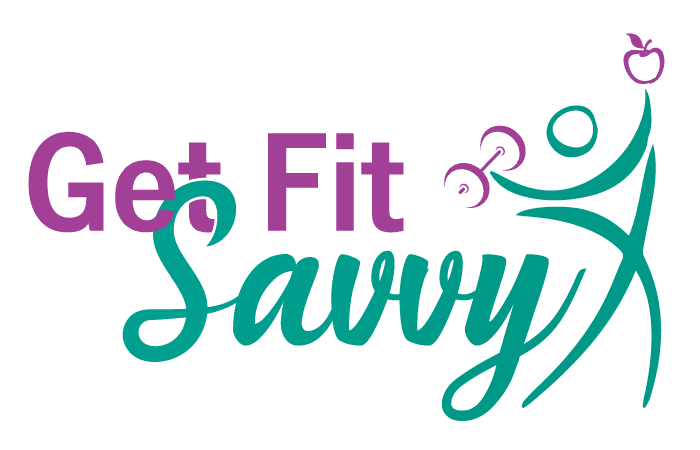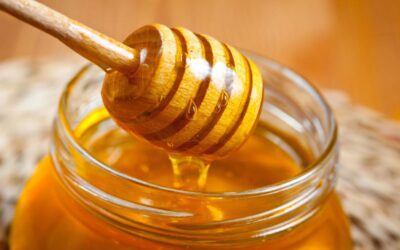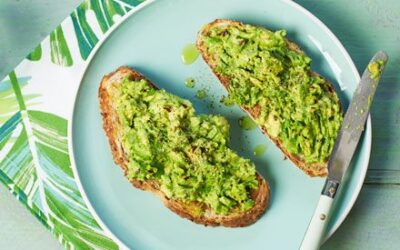Sugar has become the new “demon” in our national diet.
As with most things a little every now and then won’t kill you. It is the frequency and amount that have a detrimental effect on your health and even your length of life.
Initially sugar was eschewed because of its high caloric content. Given that over half the population is focused on losing weight, low to no calorie artificial sweeteners were a boon for the “food” industry. Dieters flocked to the “diet” products, that promised lower calories and implied weight loss. The opposite occurred. A study published in the Canadian Medical Association Journal showed “consumption of nonnutritive sweeteners was associated with increases in weight and waist circumference, and higher incidence of obesity, hypertension, metabolic syndrome, type 2 diabetes and cardiovascular events.”
- Artificial sweeteners can be purchased in packets of powder and liquid
form and are found in numerous commonly consumed “foods” such as: - Sugar-free gum
- Sugar-free mints
- Sugar-free candy
- Sugar-free condiments (e.g., ketchup, syrup)
- Cereals
- Coffee syrups
- Sugar-free ice cream and toppings
- Diet drinks (e.g., iced tea, soda, lemonade)
- Sugar-free fruit drinks and low/no sugar sports drinks
- Meal replacement shakes/snacks
- Nutrition/protein bars
- Yogurt
- Fiber supplements
Sugar, what to look for:
Aspartame: (best known in the little blue packets). It is 200 times sweeter than sugar. When stored near or above room temperature, methanol (one of the components of aspartame) is metabolized into formaldehyde, which is a known human carcinogen. Studies suggest regular consumption of aspartame induces oxidative stress, and damages cell membrane integrity, potentially affecting a variety of cells and tissues, ultimately leading to systemic inflammation. It has been linked with neurological dysfunction, headaches, reduced cognition, impaired memory and reaction times. It has been linked to an increase in depression in older adults.
Saccharin: (best known in the little pink packets) Saccharine comes from a certain group of compounds called sulfonamides which are known for causing allergic reactions, diarrhea, headaches and skin eruptions. Pregnant and breastfeeding women should avoid the use of saccharin because it may potentially harmful for the infants. It significantly decreases good gut bacteria and has been linked to certain types of cancer. Research is somewhat conflicting because of the amount consumed to cause certain side effects, but why take the chance.
more sugar
Sugar Alcohols (erythritol, xylitol, sorbitol, and maltitol). Sugar alcohols are found in small amounts in nature, especially in fruits and vegetables, so technically not artificial, but have been highly processed as food additives to the point of being artificial. Consuming them in amounts used as food additives, has been linked to an increased risk of blood clots, heart attack, stroke and cardiovascular death. Common side effects include increased gas, diarrhea, bloating, cramps and nausea. For some, just chewing gum with sugar alcohols will cause intense digestive upset.
Sucralose (best known in the little yellow packets) is made from real sugar, but modified to pass through your system instead of being digested (hence no calories). Some of sugar’s naturally occurring molecules are swapped out for chlorine. Side effects of sucralose are similar to those of sugar alcohol and have also been linked to increased inflammation and cardiovascular issues.
Stevia is an herb, easily grown in backyard gardens or pots. Two extracts from it stevioside and rebaudioside A are 200 to 300 times sweeter than sugar, but can have a bitter aftertaste (especially stevioside). While made from a plant, so not artificial, most stevia you buy in the stores has been highly processed with toxic chemicals, like methyl alcohol, which negates the health benefits.
Quality stevia has been shown to impede tooth decay, been linked to lower blood sugars and have antioxidant properties. Some studies have shown stevia to promote death of certain typed of cancer cells.
Sugar, there is a downside.
Digestive upset is a common side effect of ingesting stevia also.
Bottom line, when looking for something “sweet” it is best to look to nature’s provisions; honey, dates, real maple syrup, coconut sugar, monkfruit (without erythritol), blackstrap molasses, balsamic glaze, banana puree, brown rice syrup, and real fruit. Moderation is key and gradually decreasing the amount of “sweet” you eat each day can reset your taste buds so less sweet is needed to satisfy those “cravings”.
20 Ways to Avoid Boredom/Habit Eating
BORED EATING, it does exist! Are there times you eat, not because you are hungry but because you have nothing else to do OR this is the time you always have that bedtime snack or afternoon boost, whether you need it or not. Even eating something “healthy” at this...
Are those “Convenience Foods” Really that Convenient?
Are Convenience Foods” Actually Convenient for Our Health Buying premade or pre prepared food can seem like a good idea because it has the illusion of saving you time, but it is just that – an illusion. Often times convenient items will have undesirable ingredients. ...
7 HEALTH BENEFITS OF RAW HONEY
Honey 411 Honey is often used as a natural substitute for sugar. It is absorbed a little slower and also contains some key vitamins, minerals, amino acids and antioxidants. The raw version also imparts health benefits to the body. Honey Health HEART HEALTH: Studies...
12 Foods to Fight Inflammation
"Let food be thy medicine and medicine be thy food." Hippocrates A healthy diet and lifestyle can affect all areas of health; healing more efficiently, strengthening your body’s immune system, preventing diseases such as obesity, heart issues, degenerative processes...
Avocado Breakfast Bowl
Avocado, what a great idea for breakfast! I would add saute some spinach, onions and sliced sweet peppers before cooking the egg and add that to the bowl as well! Here is the recipe I found... Heart health and protein in a bowl! This recipe is an unexpected kick of...
11 Warm Salad Recipes That Are Perfect for Cold Weather
Cold weather is no reason to give up having salads because you want something warm. Try these ideas from Martha Stewart. The added benefit of most of these is the amount of nutrient rich, body boosting veggies in each one! Here is the recipe I found... These...






